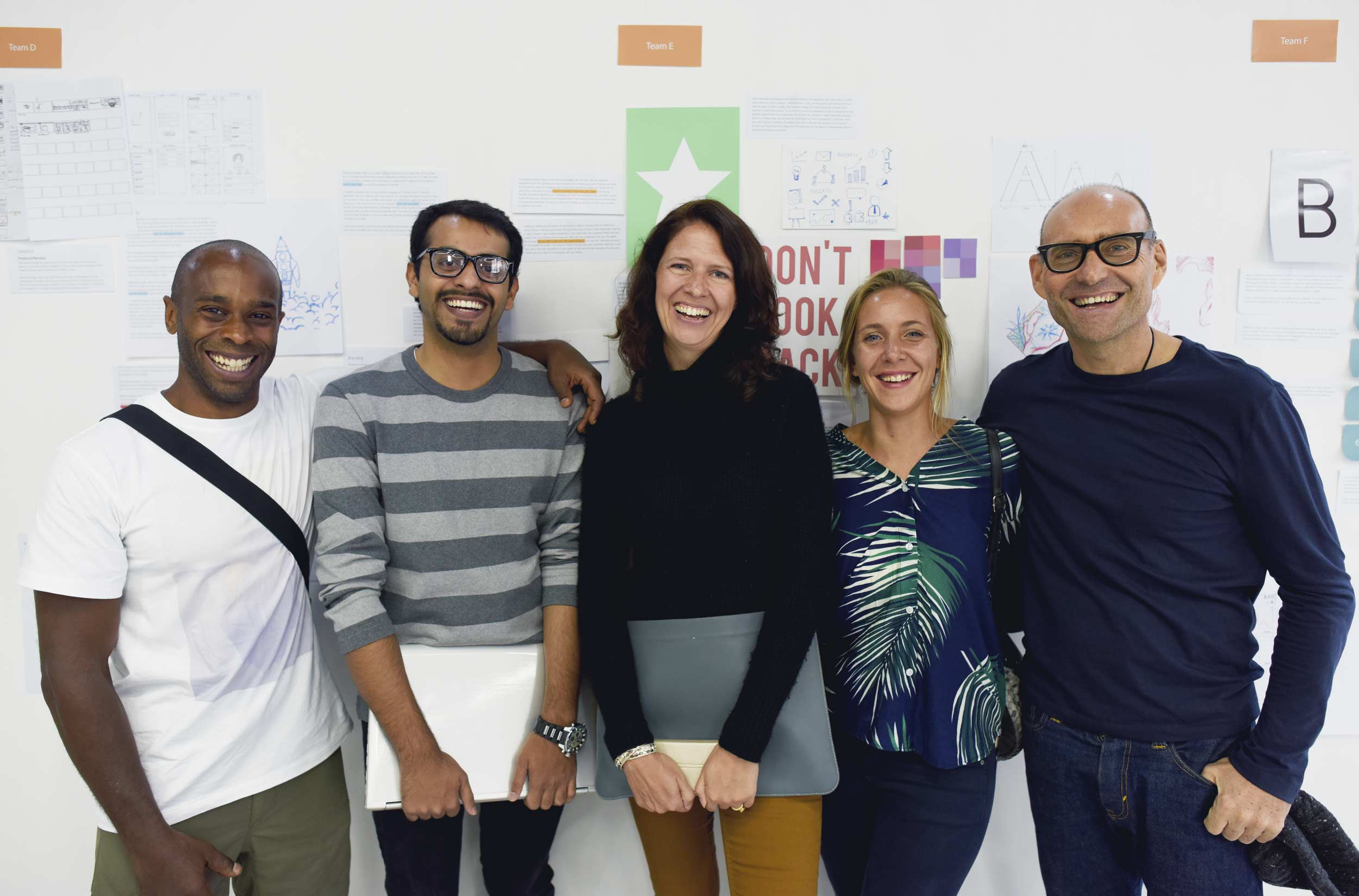Where to start with quality improvement? In business development.
We often take the principles and methodologies of quality assurance for granted in further education and employability. Sometimes, they add significant value, sometimes not. Keeping them under review helps to ensure our QA activity has the intended impact.
What interests me is how well we translate those same activities into the broader remit our organisations fulfil, and the accountability of all roles for the delivery of high-quality provision.
I’ve been mulling over how effectively we are quality assuring business development activity in our drive to improve the quality of provision. If we take apprenticeships as an example, the mantra of ‘right apprentice, right programme, right time, right place’ starts long before an apprentice meets their tutor. Yet, there can be conflicting priorities that we need to be mindful of in any business development scenario, the balance between the pressure of hitting recruitment targets, the push from employers in a system that is designed to be led by them, and whether we are in effect, recruiting future withdrawals.
The ESFA QAR data for 21/22, shows too many apprentices leave their programme early. We already know this is of concern for Ofsted, reinforced by Amanda Spielman at the AAC in March 2023.
There are multiple reasons for apprentices leaving their progranne early. The headline data in itself does not tell us why or how to address it. It certainly doesn’t represent at this top level the significant impact of Covid. What effective QA does however, is encourage us to be constantly curious about what these reasons are within our own provision and which of them we should prioritise to do something about. I am in no doubt, and I know you won’t be either, that there are times we place the wrong apprentice on the wrong programme.
Building reflective practice into our business development activity is as important as it is in teaching or providing support for customers to move towards employment. Practically, what does this mean? There’s an opportunity to consider how we might translate the quality improvement cycle into a business development context.
Where to start with quality improvement? For business development activity:
- Revisit your business development KPIs and reflect on how you can best safeguard your team from short-term thinking. For example, how do early leavers rates feature? To what extent do you set KPIs about the quality of engagement alongside outputs measures?
- Consider how well your business development team is engaged in your self assessment and quality improvement planning processes. Make changes where needed to ensure their voice is heard. Facilitate this through collaborative debate with operational/ curriculum teams – not in silos.
- Put in place a programme of supportive observations so you can see first hand the quality of the interactions that take place with employers. Consider the advantages of peer observation too. With so many meetings now taking place online, seek the employer’s permission to record and watch together for training purposes.
- Use deep dives to explore any crunch points which result in delays or inefficiencies in the underpinning processes. Include any handover points with your colleagues in other departments, as this is often where issues can occur.
- Review whether the questions you ask employers as part of any feedback activity explicitly ask about the business development process, and ensure you ask for their views in a timely manner to get a rich response.
And if you will forgive the shameless plug, you can also create a quality cycle with bespoke deep dives, SAR structure, observations and action plans on your Mesma QA platform, entirely focused on your business development activity.
Quality improvement is at its best a collaborative endeavour.
It’s at its worst when we operate in silos from one another, losing the opportunity to air ideas, shared challenges, understand and reflect on where we get on each other’s nerves (which is ok by the way!) and recognise that everyone, at every stage of our learner or customer’s journey, adds significant value to the impact we have.
We have developed a deep-dive thematic enquiry and a business development observation template to support you to implement these practices. If you are a current Mesma user please contact us and if you’re not using Mesma, you can find out more here.


